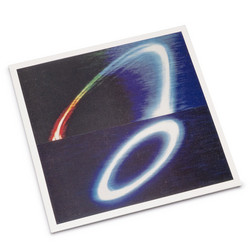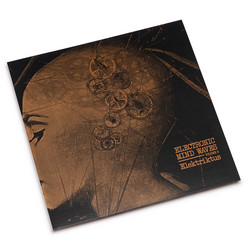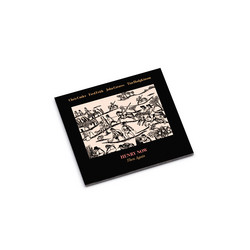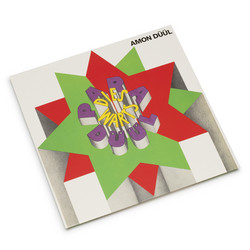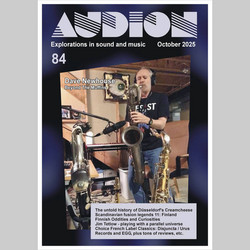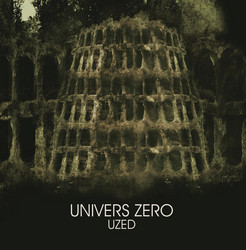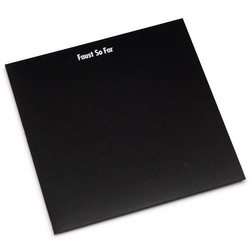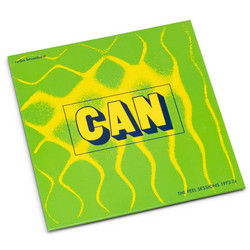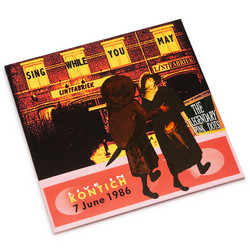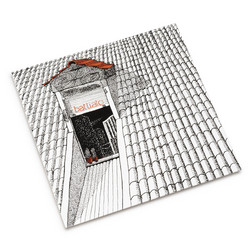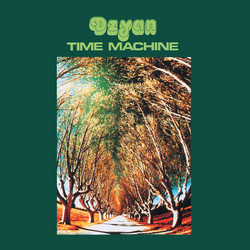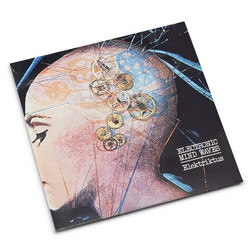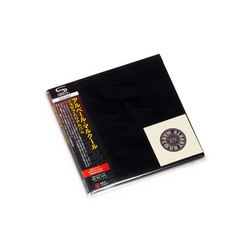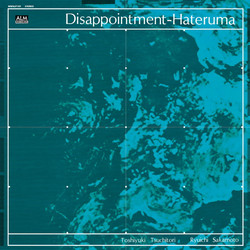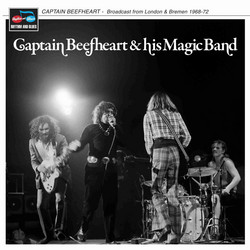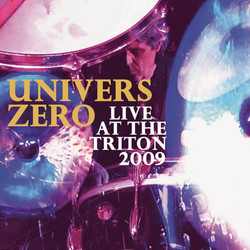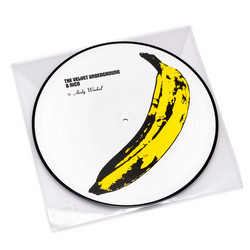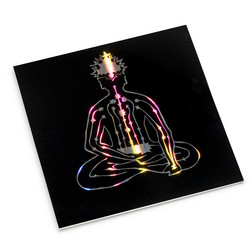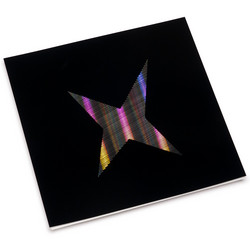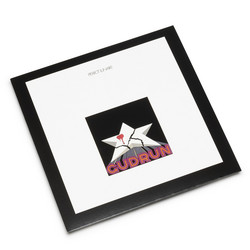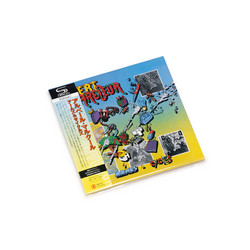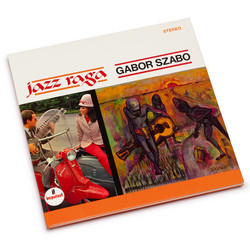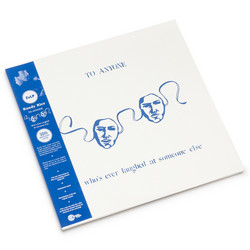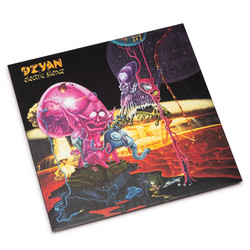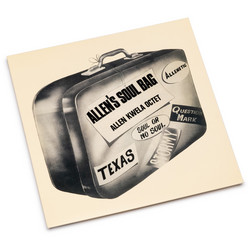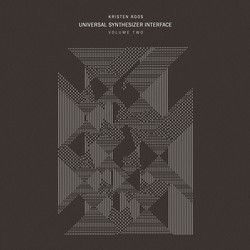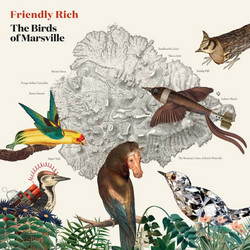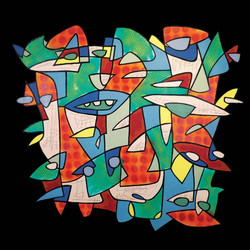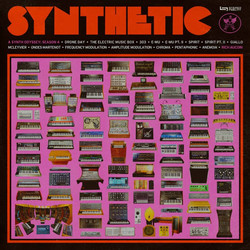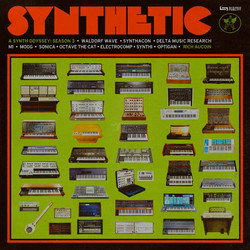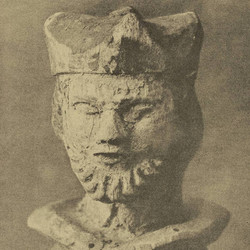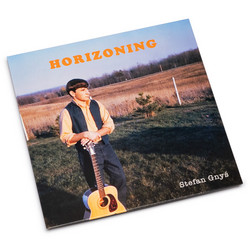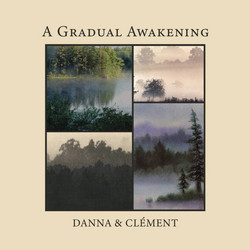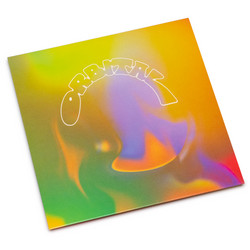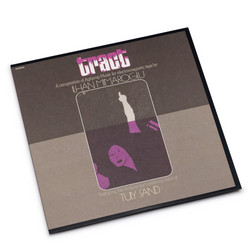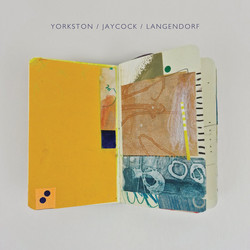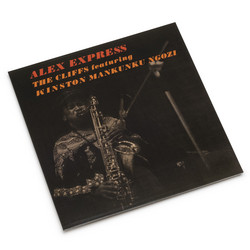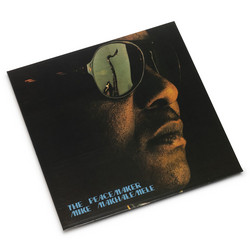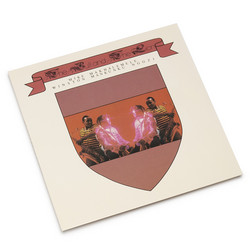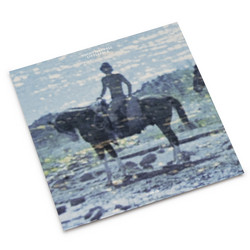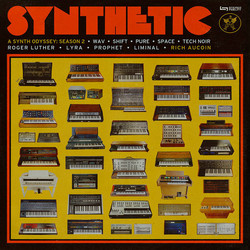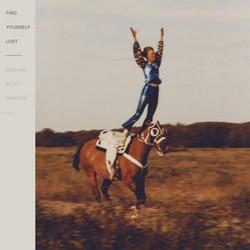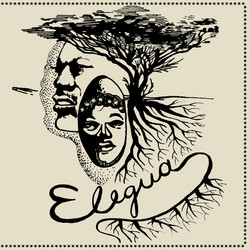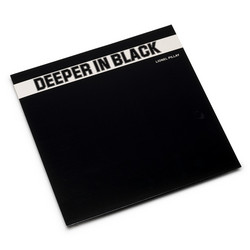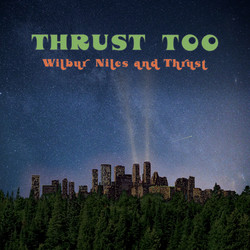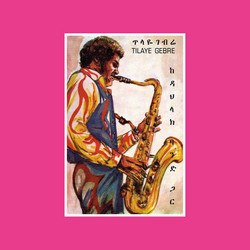With the release of Electric Taal Band, the Toronto-based project led by a passionate devotee of South Asian sounds delivers a debut that confidently fuses Punjabi musical traditions with the forward momentum of modern club culture. The album was born from the artist’s serendipitous discovery of vintage Punjabi records in Toronto’s Little India, sparking a fascination that soon spiraled into a wide-open experiment in rhythm, sampling, and electronic improvisation. The resulting tracks use the tabla and dhol as anchors, looping and layering these percussive voices into a soundscape that is simultaneously earthy and interstellar.
The ensemble structure—sometimes more a solo studio project, sometimes a collaborative affair—invites both tradition and invention. Grooves veer from classic bhangra stomp to drifting, dubwise psychedelia, finding room for surges of cosmic jazz, tumbling melodies, and live improvisation over sequenced beats. Analog synths shimmer, field recordings weave underfoot, and sampled voices from the archive are scraped and reshaped, always serving the dance but rarely stuck in one place. References to Toronto’s multicultural neighborhoods and nightlife thread through the music, positioning Electric Taal Band as both an homage and a re-imagination—a party as much about the memory as the moment.
What’s striking in Electric Taal Band is its insistent refusal to flatten distinct styles into mere pastiche. Instead, each track signals a palpable curiosity: rhythmic and melodic fragments live comfortably alongside moments of meditative minimalism, glitch, or dub. The album works equally well as an invitation to dance or as a backdrop for thoughtful listening, its detail and dynamism unfurling on repeated spins. For those attuned to diasporic music’s possibilities, the project is an open invitation—to drift, to move, and to reconsider the futures of tradition in contemporary sound.
